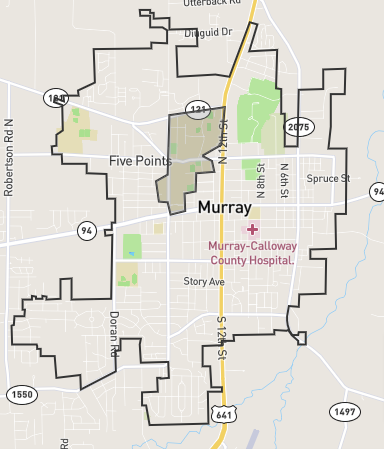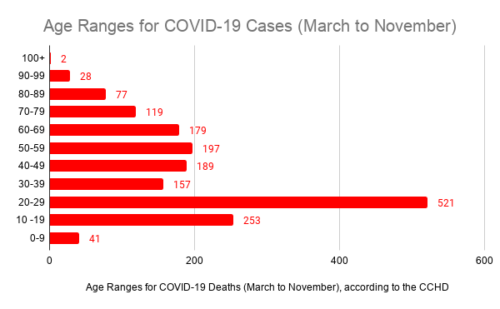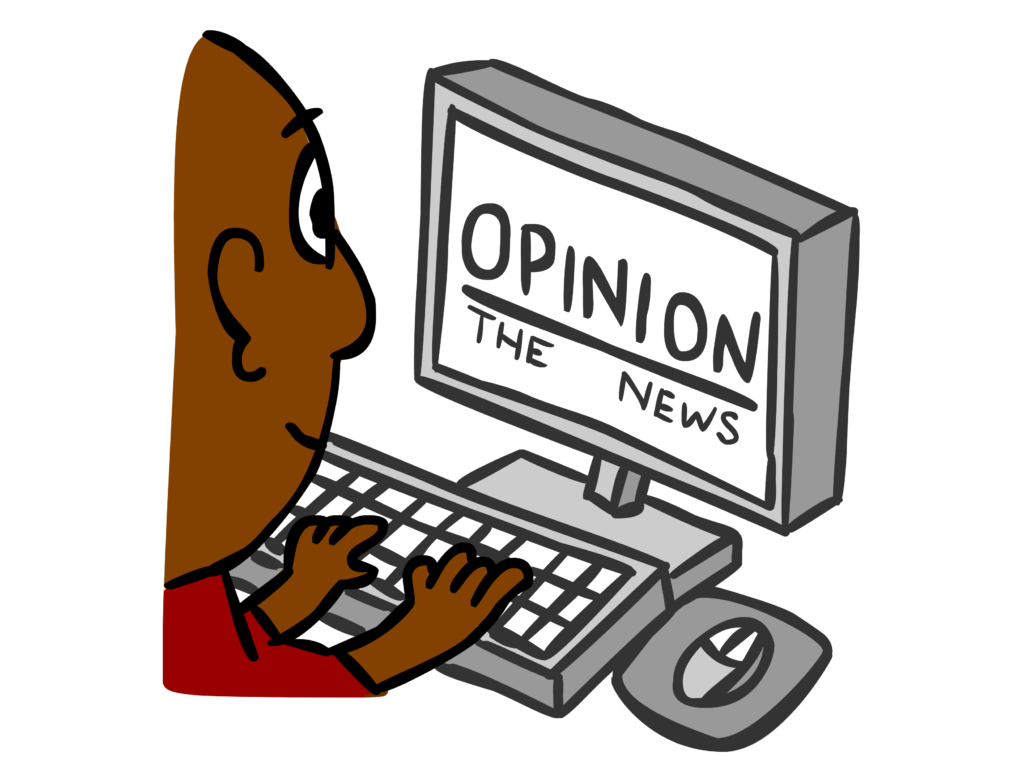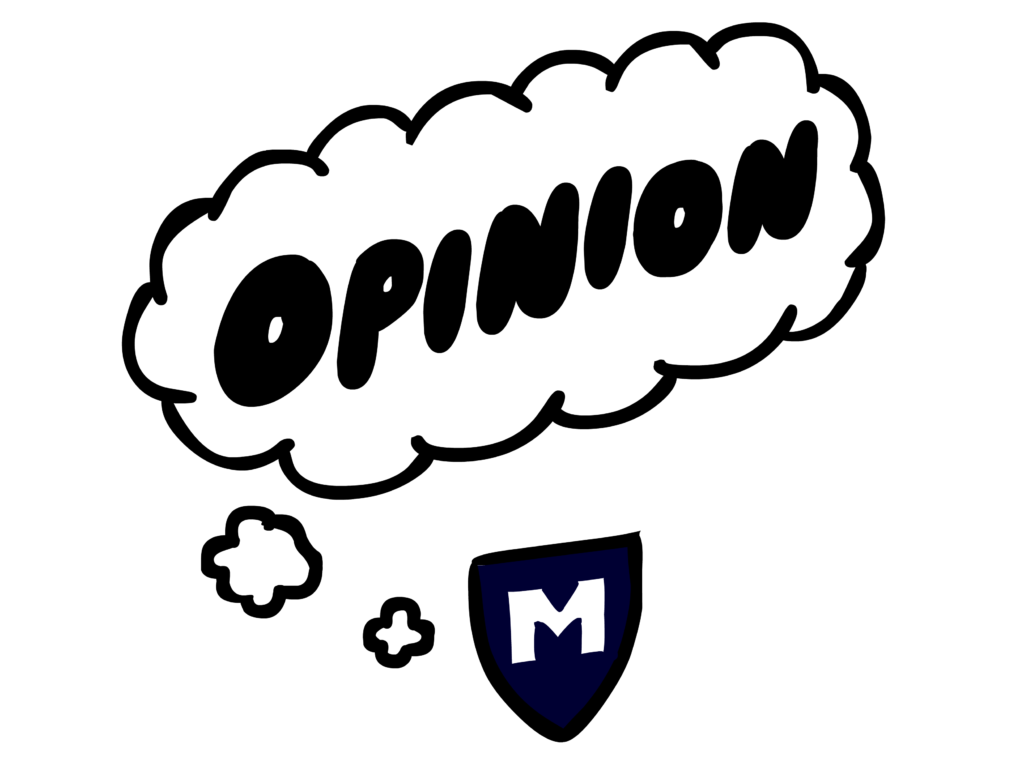The staff editorial is the majority opinion of The Murray State News Editorial Board.
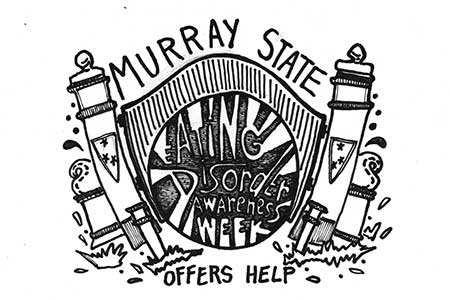
Phrases like “the freshman 15” are used euphemistically to describe the weight gain some experience when they start college. We use terms like this jokingly, we forget these implications can unintentionally make light of serious eating disorders.
According to the National Association of Anorexia Nervosa and Associated Disorders, 58 percent of college students feel “extreme pressure” to maintain a certain weight. One-half of college-aged women and one-third of college-aged men use unhealthy weight control behaviors like skipping meals, purging, smoking cigarettes, fasting and taking laxatives.
In light of Eating Disorders Awareness Week, we should take the time to recognize all victims of eating disorders, provide assistance to those we care about and point them to the correct resources for getting the help they need.
For those who want to learn more, the Murray State website provides in-depth information about eating disorders like anorexia nervosa and bulimia nervosa, as well as offers tips about how to help someone with an eating disorder.
The Women’s Center provides self-help seminars that promote positive self body image, eating disorder awareness and tips to being a more skeptical viewer of the media – which is notorious for promoting unreachable beauty standards.
Because eating disorders are comorbid with depression, University Counseling Services are another venue to consider.
The Women’s Center and Counseling Services are both positive outlets for people suffering from these life-threatening disorders, but we should also remember that anorexia and bulimia can affect both genders, not just women.
We associate rigorous dieting, throwing up and skipping meals with women who feel the mounting pressure to be thin. We forget that men are also victims of body image issues just as much. The ideal physique, whether it’s thin or muscular, is something all ages, races and genders can potentially risk their lives for.
According to the National Eating Disorder Association, the ratio for women to men with eating disorders is 3-to-1. In the past three decades, men’s dissatisfaction with their body image has grown from 15 percent to 43 percent.
Unfortunately, due to negative attitudes toward seeking help, men are less likely to pursue guidance when it comes to an eating disorder. This is an entire half of our population that needs our assistance, but we tend to think men don’t need attention because they don’t suffer from negative body image issues.
Our concerns for people with eating disorders shouldn’t be relegated to just one week out of the year. We should take the time to educate ourselves in our understanding of eating disorders year-round.
We should encourage our friends and loved ones to seek help, and we should address our own self-image issues if they’re unhealthy.
With this being said, the University should extend its help to be more inclusive for all genders. We should see more fliers for self-love seminars all over campus, not just in public bathroom stalls.
This is an issue where the student body and the University can meet halfway by hosting more programs that include everyone and keeping information available.
Eating disorders are detrimental, and understanding them is the first step to a resolution.





























































































